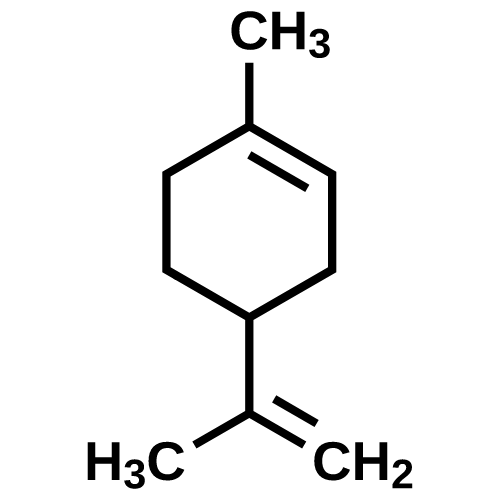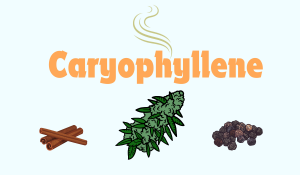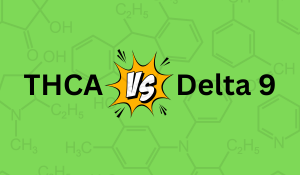
Limonene is a naturally occurring aromatic compound that belongs to the family of terpenes. Terpenes are organic compounds produced by a variety of plants, including citrus fruits and cannabis, and are responsible for their distinct aromas.
Limonene is widely recognized for its zesty, citrusy fragrance often associated with citrus peels.
Limonene is predominantly found in the peels of citrus fruits like oranges, lemons, and limes.


In the cannabis world, limonene contributes significantly to the aroma and therapeutic benefits of many cannabis strains. Strains rich in limonene are often sought after for their potent citrus scent and associated uplifting effects.
Several cannabis strains are renowned for their high limonene content and characteristic citrus aroma. These strains are popular among users looking for a flavorful and potentially uplifting experience. Here are a few notable examples:

While limonene offers various health benefits, consuming it in large quantities may cause gastrointestinal issues, and it may interact with certain medications.

Users should be cautious, especially when taking medications like:

What Does the Terpene Caryophyllene Do? Caryophyllene, a unique sesquiterpene found in various plants including cannabis, black pepper, and cloves, stands out for its ability...
Read More
Presence in Cannabis and Other Plants Terpenes are abundantly present in cannabis, alongside other plants like mint, lemon, and pine. In cannabis, terpenes enrich the...
Read More
Chemical Structure and Properties Terpinolene is a monocyclic monoterpene, which means it’s made up of a single ring of carbon atoms with a few hydrogen...
Read More
The cannabis plant contains over 100 different cannabinoids, each with its unique properties and effects. Among these, THCA and Delta 9 THC stand out due...
Read More
THCA vs THC: A Molecular Comparison At first glance, THCA and THC might seem like twins. But look closer, and you’ll see they’re more like...
Read More
The trichome production and lifecyle runs parallel to that of the cannabis plant. Trichomes serve as protectors from predators and indicators to farmers.
Read More
Research continues to show great hope for medical marijuana and cannabis as a potential medical treatment for a whole host of physical and psychological disorders....
Read More
Medical marijuana can provide many benefits to senior citizens, which helps to explain they this group's use has exploded over the past decade
Read More